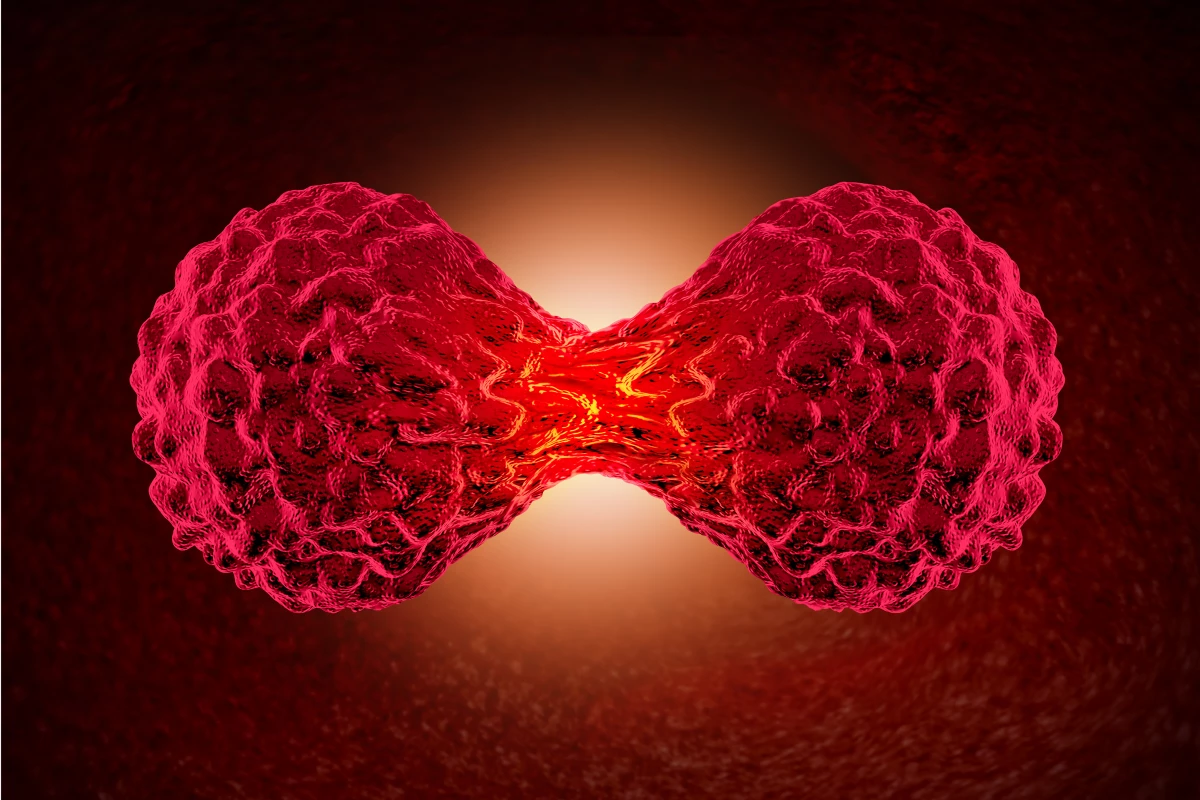Researchers at Vanderbilt University have discovered how to effectively switch off a gene that drives the growth of cancer. The gene, known as Myc, has long been a target but was considered “undruggable” – so the team instead shut down a protein that it interacts with, shrinking tumors in a matter of days.
The Myc gene plays a key role in cell proliferation, which is useful during human development but not so much later in life. When the gene is reactivated, it can trigger the type of uncontrolled cell growth and spread seen in cancer. Having been found to be overexpressed in a variety of tumor types, Myc has been on the Most Wanted list in cancer research for decades.
“MYC becomes the nitro in the tank, driving relentless rounds of cell duplication and division,” says William Tansey, corresponding author of the study. “The faster the cells grow and divide, they accumulate mutations, which give rise to cancer growth.”
Worse still, this gene is a wily character that’s difficult to target. The associated Myc protein lacks many of the usual features that drugs can be designed to latch onto, so it’s long been considered undruggable (or at least, very difficult to drug).
But the gene doesn’t act alone, so for the new study the Vanderbilt researchers set out to investigate whether they could interrupt its function by instead targeting another protein that Myc relies on to do its dirty work.
The team identified a protein called Host Cell Factor-1 (HCF1), which Myc “touches” to stimulate cell growth. By disrupting that interaction, they found that cancer cells can no longer grow, and indeed begin to shrink.
In lab tests, the researchers engineered mice so that their Myc genes could be switched on or off by injecting them with a certain drug. Grafts of cancer cells were introduced and allowed to grow for 15 days, before some of the mice were then given the drug to break the Myc-HCF1 interaction.
The results were quite stark. A control group had their Myc genes switched to a different variant that didn’t impede cell growth – and as expected, the tumors continued to grow. All control mice had to be euthanized by day 30 of the experiment. Every single mouse in the experimental group, however, survived and remained tumor-free for the entire 60-day duration of the experiment.
“What’s interesting is that we don’t need to take away all of the Myc function,” says Tansey. “Like an Achilles heel, we only need to go after a very specific interaction.”
As promising as the results are, the usual caveats apply. It was only performed in mice, after all, and there’s far from any guarantee that the benefits would carry across to humans. Still, it’s an intriguing study that highlights an area of interest that will continue to be investigated.
The research was published in the journal eLife.
Source: Vanderbilt University





